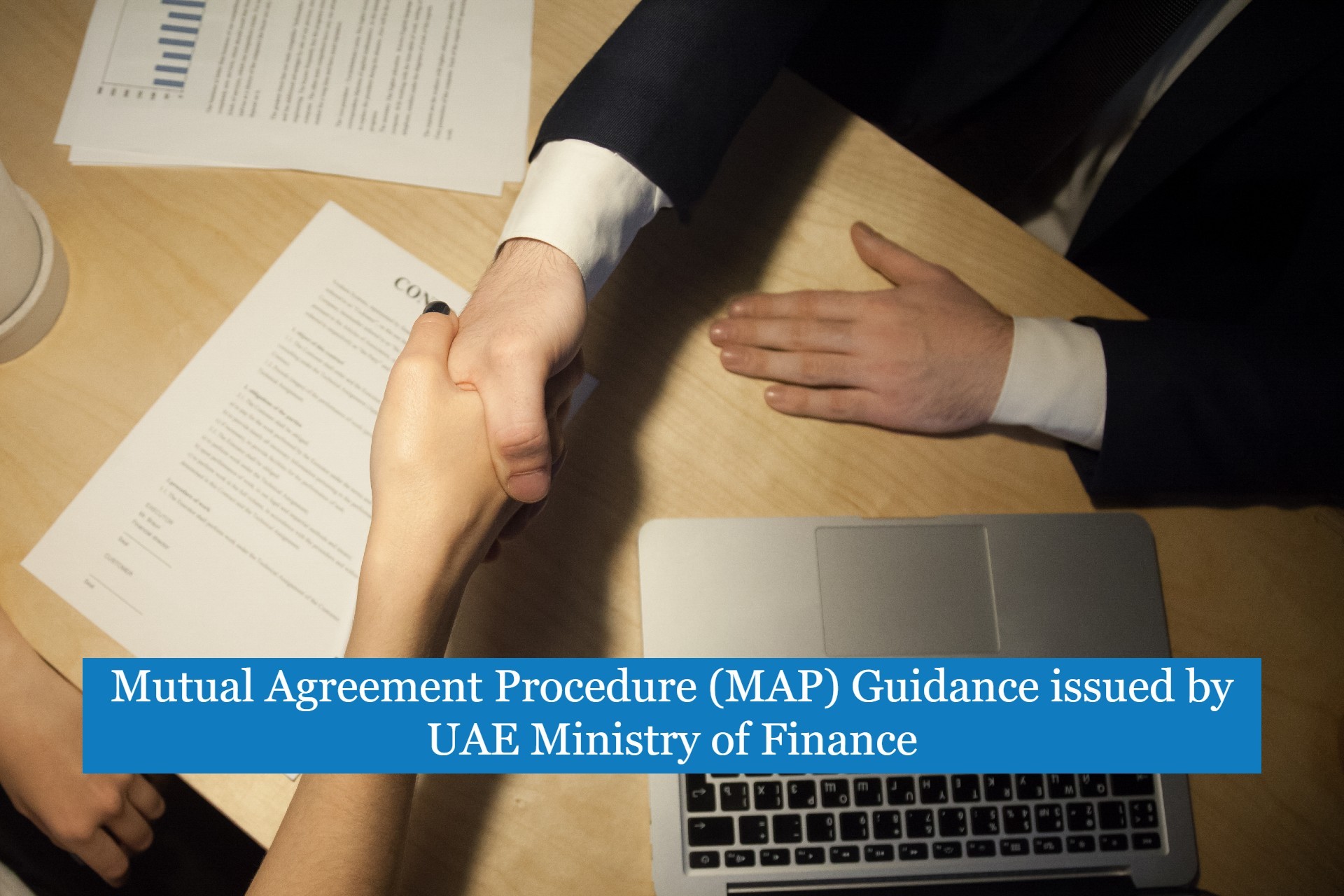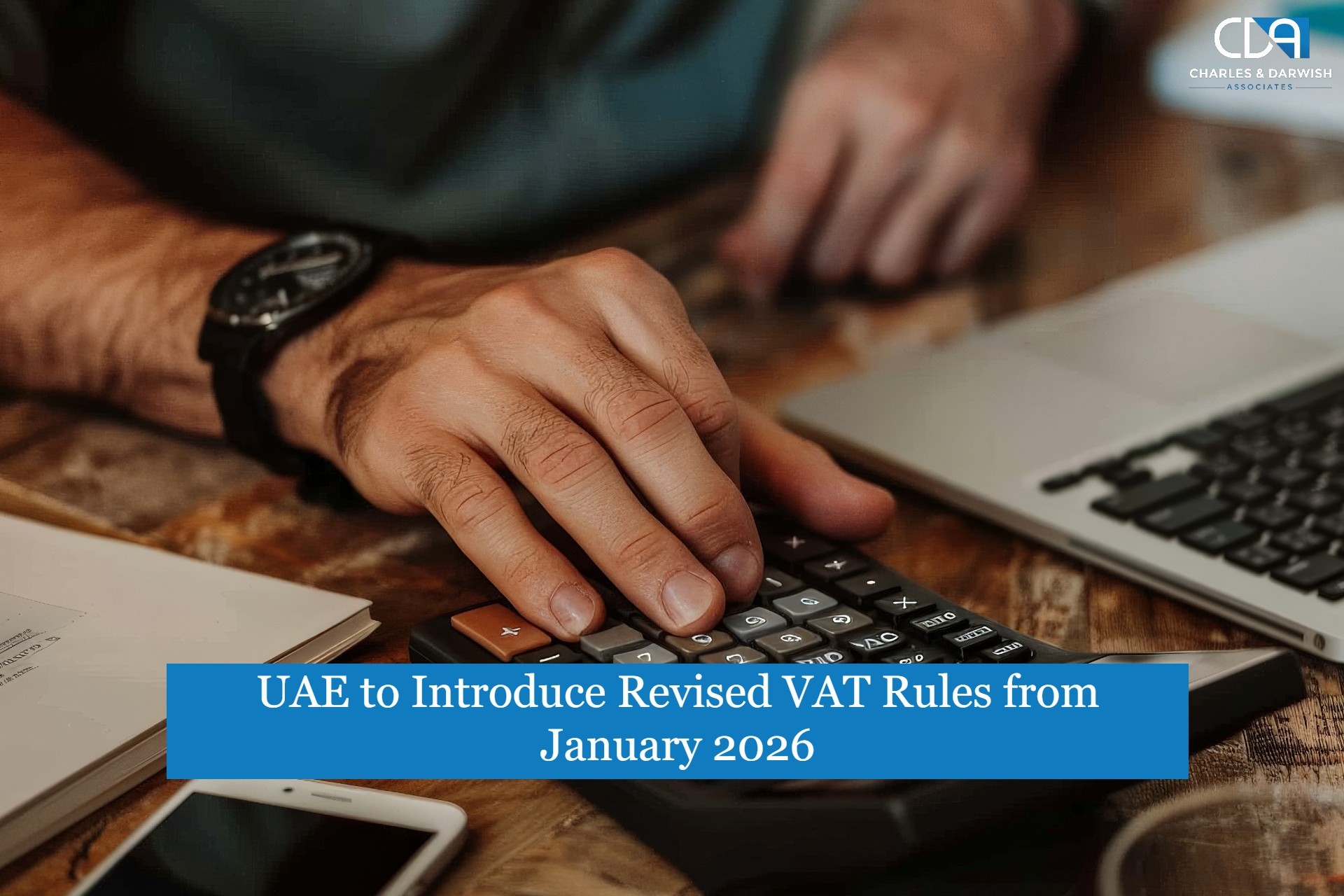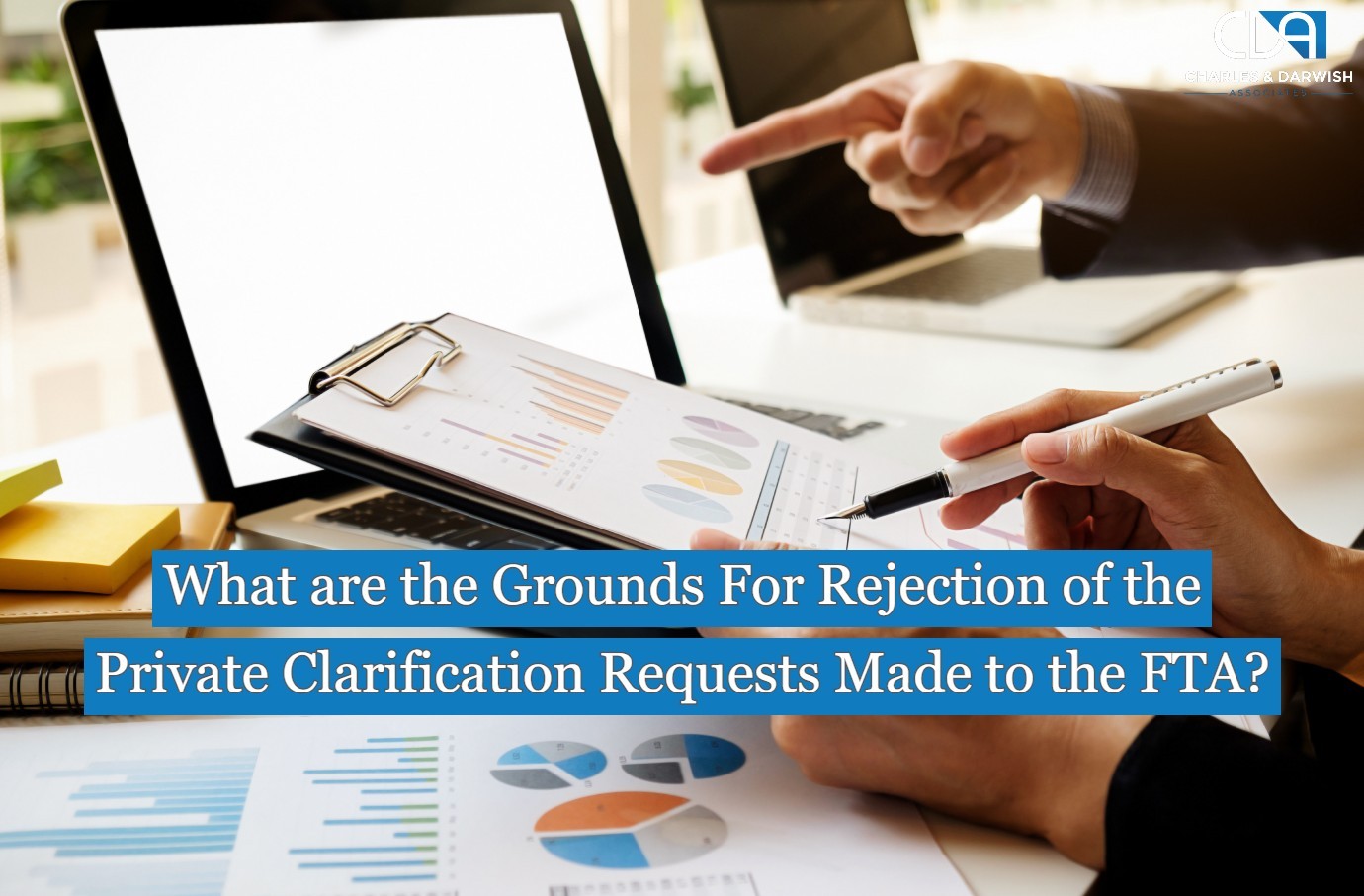Mutual Agreement Procedure (MAP) Guidance issued by the UAE Ministry of Finance
I still remember the first time a client walked into my office with a double taxation issue. They had already paid tax in one country, and another country was asking them to pay tax on the same income. The frustration they were experiencing was because double taxation doesn’t just drain money; it creates uncertainty for companies doing business across borders in the UAE.
This is exactly why the Mutual Agreement Procedure (MAP) exists, and why the UAE Ministry of Finance released updated guidance on MAP in June 2025 (Microsoft Word - UAE Mutual Agreement Procedure Guidance - EN FINAL 20.06.25). It's a sign that the UAE is not only building a robust tax framework but also ensuring it has the tools to resolve complex international disputes.
So let me break down what this new guidance means for you.
What is MAP?
You can think of MAP as a formal conversation mechanism between two tax authorities. When a taxpayer feels that taxation in two countries is overlapping and unfair, MAP allows the tax authorities of both countries to sit together, exchange views, and agree on a fair outcome. So, your case will be represented by your home country’s competent authority and other contracting states in Double Tax Agreements (DTA), while the FTA will be responsible for implementing adjustments agreed upon through MAP.
The goal is simple: to resolve disputes about double taxation without you having to go through the courts. It’s about agreement, not argument.
You can also read: All About Tax Residency in UAE Under Double Taxation Agreements
Why Did the UAE issue MAP Guidance Now?
As of June 2025, the UAE has signed more than 100 DTAs with countries across Asia, Europe, the Middle East, Africa, etc., to avoid situations where the same income gets taxed twice. But treaties alone are not enough—there needs to be a clear system for resolving these disputes. That’s why the MoF has issued this guidance to –
- Clarify how taxpayers can apply for MAP in the UAE
- Establish the process, timelines, and documents required
- Strengthen investor confidence in the UAE as a global business hub
Key Highlights of the UAE MAP Guidance
The guidance tells us, in clear steps, how to initiate the process, what information to provide, and what to expect. This transparency is a game-changer. It signals the UAE’s commitment to being a predictable and fair international business partner.
When To Claim For MAP?
I’ll be honest: most clients don’t think about MAP until they have to. But the recent guidance covers a wide range of issues that are worth considering. This includes the transfer pricing adjustments, dual residency headaches (being a “resident” in both the UAE and another country), application of Anti-Abuse Provisions, Permanent Establishments profit allocation, and, in cases of Multilateral Transfer Pricing Disputes, too.
Who Can Apply?
Any UAE resident (individual or business) who believes they are being taxed unfairly in a way that conflicts with the Double Taxation Treaty has the right to knock on the MoF’s door.
Where To Apply?
Applications are submitted to the International Tax Department of the Ministry of Finance.
How to File the Claim?
To submit a MAP request, taxpayers must provide all relevant facts, documentation, and legal interpretations. The claim must also include relevant DTT articles, affected tax years, transaction details, and supporting evidence. (Application can be submitted in English or Arabic.)
Timeline?
You have three years from the first notification of the action causing double taxation to submit your request. But I believe acting early is always better because MAP discussions can take time.
The Final Advice
The UAE has already positioned itself as a global business and investment hub. And now through the MAP guidance, it has established a clear framework that protects businesses from unfair taxation.
If you are a business owner or professional earning across borders, my advice is simple: don’t wait until you face a tax dispute. Understand the treaties your business depends on, keep your documentation organized, and be aware of the MAP route. Because at the end of the day, taxes should never become a reason to hold back growth.
How Can Our Experts Save You?
Businesses facing tax issues and doubt about taxation conflicts might find themselves in one of the difficult situations, especially in a competitive market like the UAE. In such circumstances the tax experts of professional accounting and auditing firms like CDA can assist you. Our team would study your situation and the tax issues faced by the business, thereby devising the strategies to get legal aid from the FTA and also to reduce any penalties or unwanted overheads. The experts of CDA assure you of a stringent tax compliance framework for your business, enabling you to file the claims during the disputes on time.
To know more about the tax services, connect with CDA team today!

Mitesh Maithia
Tax Manager
Mitesh is a Tax Professional with expertise in direct, indirect, and international taxation, including transfer pricing, since 2018. Passionate about making complex tax matters simple, he shares insights to help businesses stay compliant and forward-looking.













